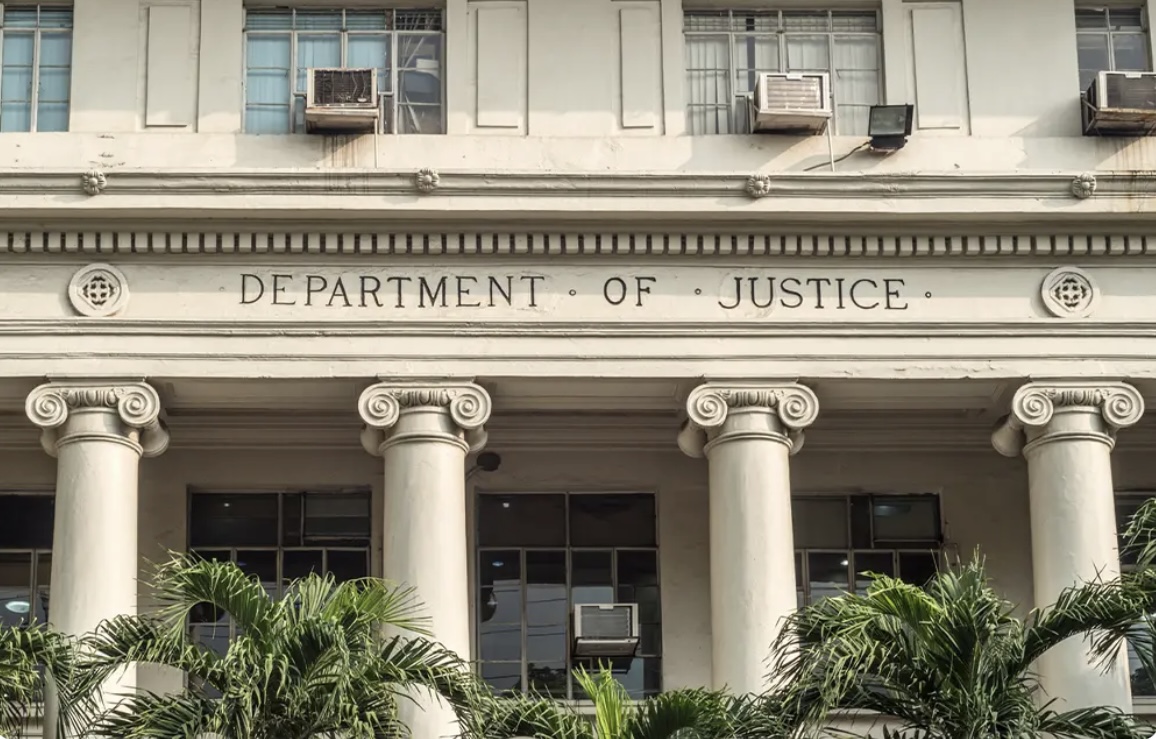Massachusetts politics is going through a rough patch, with back-to-back scandals shaking voter confidence. The latest: State Representative Chris Flanagan has been charged by federal authorities with embezzling around $36,000 from his former employer. The case is making waves not just because of the amount, but because of how the money was allegedly used—on campaign expenses, personal purchases, and even psychic services.
This incident has sparked serious conversations about political ethics, how campaign money is handled, and the kind of standards we expect from our public officials.
A Troubling Trend in State Politics
Flanagan’s case isn’t happening in a vacuum. Just days earlier, Boston City Councilor Tania Fernandes Anderson resigned after pleading guilty to her own financial misconduct. Together, these stories suggest a growing problem with accountability among public officials in Massachusetts.
Voters are frustrated. At a time when people are asking for more transparency and integrity from their leaders, these kinds of scandals chip away at public trust. Every dollar misused isn’t just a financial issue—it feels like a betrayal.
What Flanagan Is Accused Of
Federal prosecutors say Flanagan misused $36,000 over 14 months while he worked as an executive at the Home Builders and Remodelers Association of Cape Cod. Here’s what the charges include:
- Campaign Expenses: $10,000 allegedly went to fund his 2023 reelection campaign—a major violation of campaign finance laws.
- Personal Shopping: The money was also reportedly used for new clothes, home appliances, and other personal items.
- Psychic Services: One bizarre detail from the case—he’s accused of spending some of the money on psychic readings in 2022.
Prosecutors claim Flanagan disguised the transfers as legitimate expenses, even submitting fake paperwork to cover his tracks. One red flag: his bank account had just $42 before a sudden $10,000 deposit, raising suspicions of foul play.
Financial Troubles and Dual Roles
Despite having two well-paying jobs—his state legislator salary and his executive role at the trade association—Flanagan was reportedly dealing with mounting personal debt. Missed mortgage payments and credit card bills may have pushed him to misuse funds.
This situation raises a big question: when public officials have financial issues, how do we make sure it doesn’t spill into their professional responsibilities?
More Than One Scandal
Flanagan’s indictment comes right after the resignation of Councilor Fernandes Anderson, who admitted to a bribery scheme tied to her own personal debt. While the details differ, the theme is the same: personal financial problems leading to ethical lapses in public office.
This suggests the issue isn’t just about a few bad apples—it could point to deeper problems in how campaign funds are monitored and how public officials are held accountable.
The Federal Investigation
U.S. Attorney Leah Foley’s office is leading the investigation and described the case as a “serious breach of public trust.” Her team has compiled banking records and forged documents that allegedly show a pattern of deception.
The case is still open, and more charges could follow. But the message is clear: misuse of public money will not be taken lightly.
Leaders Respond: Calls for Resignation
Governor Maura Healey and other state leaders, from both parties, are urging Flanagan to step down. They say that public officials who misuse taxpayer money should be removed from office quickly—not just for legal reasons, but to begin rebuilding public trust.
If Flanagan doesn’t resign, lawmakers are pushing for the state House Ethics Committee to step in.
What This Means for Massachusetts and Beyond
These back-to-back scandals have real consequences:
- For the Democratic Party: Repeated ethical missteps are damaging the party’s image, especially at a time when voter trust is already low.
- For Voters: People want to believe their leaders are working for them—not enriching themselves or hiding financial problems.
- For Public Policy: There’s now a growing push to reform campaign finance rules and improve oversight of how public money is handled.
The Bigger Picture
Chris Flanagan’s case is more than just another political scandal—it’s a wake-up call. When elected officials cross ethical lines, it affects everyone. It erodes trust, weakens democracy, and feeds into growing public cynicism.
The hope is that through serious investigation, accountability, and reform, this case can lead to something positive: a stronger commitment to ethical leadership in Massachusetts—and beyond.

Sophia Reynolds is a dedicated journalist and a key contributor to Storyoftheday24.com. With a passion for uncovering compelling stories, Sophia Reynolds delivers insightful, well-researched news across various categories. Known for breaking down complex topics into engaging and accessible content, Sophia Reynolds has built a reputation for accuracy and reliability. With years of experience in the media industry, Sophia Reynolds remains committed to providing readers with timely and trustworthy news, making them a respected voice in modern journalism.



